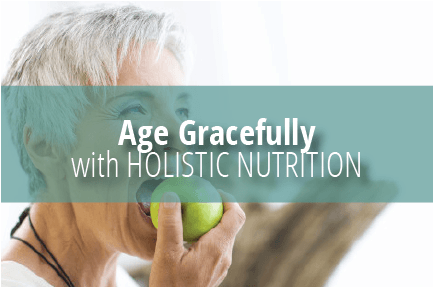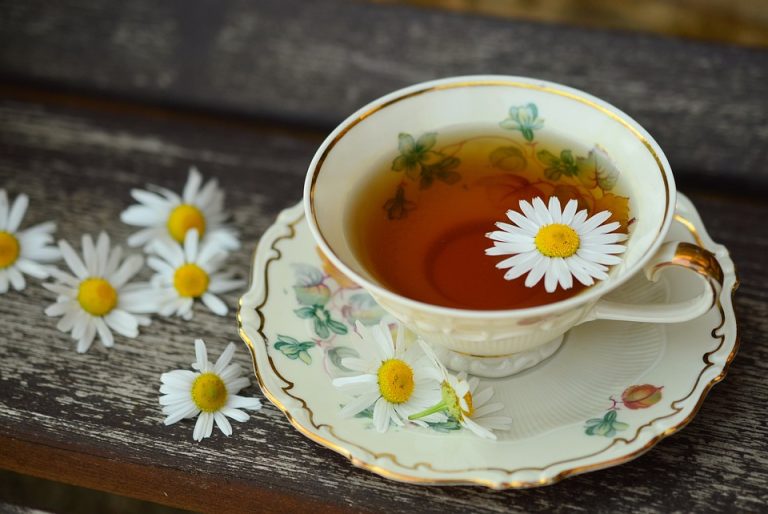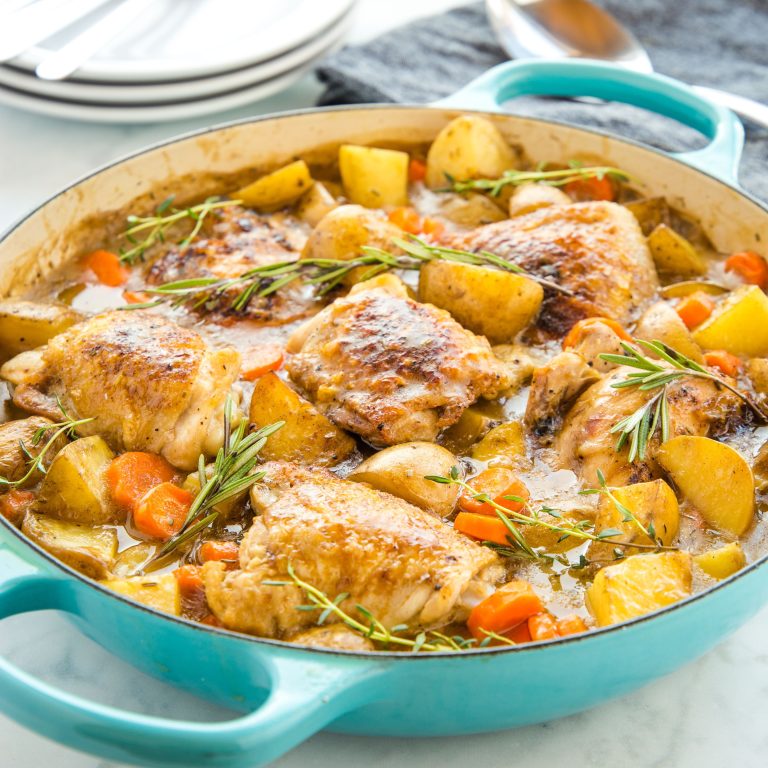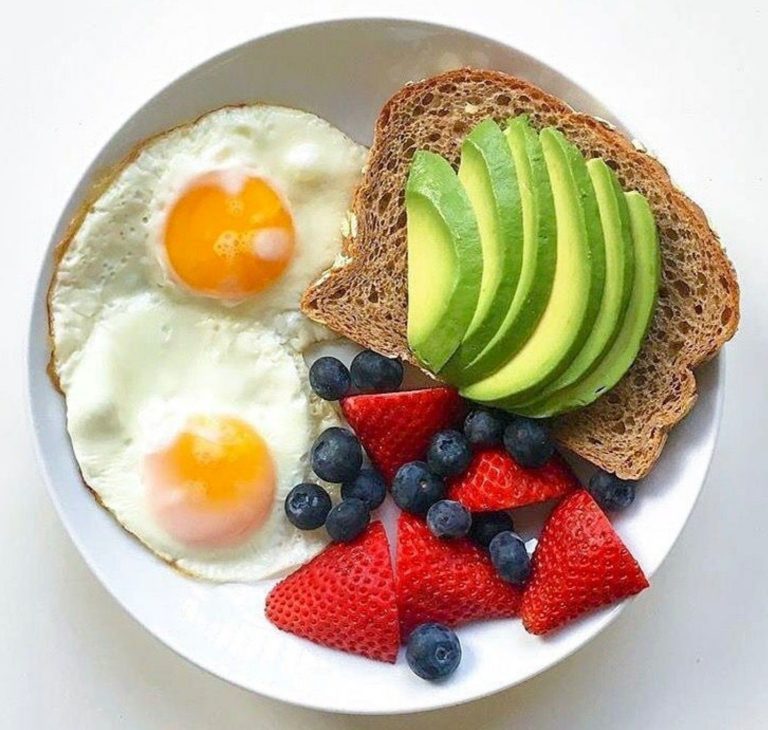Aging is a natural process that everyone goes through. As we age, our bodies undergo various changes, including changes in metabolism, bone density, and muscle mass. In order to age gracefully, it is important to pay attention to our nutritional needs. Proper nutrition plays a vital role in maintaining our health and vitality as we age.
The Importance of a Balanced Diet
Eating a balanced diet that includes a variety of nutrients is crucial for overall health, but it becomes even more important as we age. A balanced diet provides us with the necessary vitamins, minerals, antioxidants, and other essential nutrients that our bodies need to function optimally.
Key Nutrients for Healthy Aging
1. Protein: Protein is essential for maintaining muscle mass and strength as we age. Consuming adequate amounts of protein can help prevent age-related muscle loss and promote healthy aging. Good sources of protein include lean meats, poultry, fish, eggs, dairy products, legumes, and nuts.
2. Fruits and Vegetables: Fruits and vegetables are rich in vitamins, minerals, and antioxidants that can help protect against age-related diseases. They also provide dietary fiber, which aids in digestion and helps maintain healthy weight. Aim for a variety of colorful fruits and vegetables to ensure you are getting a wide range of nutrients.
3. Whole Grains: Whole grains, such as whole wheat, brown rice, oats, and quinoa, are high in fiber, B vitamins, and minerals. They promote heart health, aid in digestion, and help keep blood sugar levels stable. Replace refined grains with whole grains for a healthier diet.
4. Healthy Fats: Include sources of healthy fats, such as avocados, nuts, seeds, and olive oil, in your diet. These fats have anti-inflammatory properties and can help support brain health and reduce the risk of chronic diseases like heart disease and dementia.
5. Calcium and Vitamin D: Calcium and Vitamin D are essential for maintaining bone health, especially as we age. Dairy products, leafy green vegetables, fortified foods, and sunlight exposure are good sources of these nutrients.
Hydration
Staying hydrated is crucial for overall health, and even more so as we age. Our bodies tend to lose water more easily with age, so it is important to drink an adequate amount of fluids throughout the day. Water is the best choice, but herbal tea, low-sugar fruit juices, and soups can also contribute to hydration.
Avoiding Excess Sugar and Sodium
Excess sugar and sodium intake can have harmful effects on our health, especially as we age. High sugar intake can contribute to weight gain, increase the risk of chronic diseases like diabetes and heart disease, and accelerate skin aging. Consuming too much sodium can lead to high blood pressure and increase the risk of heart disease. Be mindful of hidden sugars in processed foods and limit your sodium intake by opting for fresh, whole foods whenever possible.
Supplementation
While a balanced diet should provide most of the nutrients we need, supplementation may be necessary, particularly for older adults. Consult with a healthcare professional or registered dietitian to determine if you need any additional supplements, such as omega-3 fatty acids, vitamin B12, or calcium.
Conclusion
Proper nutrition is essential for aging gracefully and maintaining overall health. By following a balanced diet that includes key nutrients, staying hydrated, and avoiding excess sugar and sodium, you can support your body and promote healthy aging. Remember to consult with a healthcare professional before starting any new diet or supplementation regimen to ensure it aligns with your specific needs.






